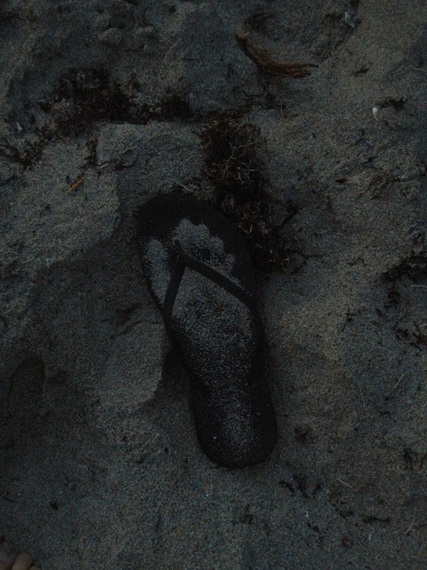Some time ago I was coaching a woman (whom I will call Lindsay) who was struggling with a difficult situation with a colleague, Bob. After listening to her passionate and infuriated account of Bob's unreasonable and unfair behaviors, I asked her to play a game with me. She would pretend to be Bob, and I would play the role of Bob's best friend. She looked at me with a mix of confusion and suspicion, but agreed.
I asked her to close the eyes to fully get into character. She took a deep breath and started to talk as if she were Bob, to me -- his "best friend." She began to share how difficult it was to have a conversation with Lindsay, because they saw things from very different perspectives. As she slowly got more and more into the role of Bob, she was able to share feelings of frustration, perhaps even fears or concern. She was able to step momentarily into Bob's shoes and see reality from his perspective. When we stopped the exercise a few minutes later she sat in silence, her gaze lost in a distant point. Finally she looked at me and said "I see what you wanted me to experience... I can see now how he perceives me and the whole conflict." Significantly, she was not able to get back to her previous perspective -- something had changed for her.
To walk in the other person's shoes is perhaps the most important first step we can do to develop our emotional intelligence. This is called "empathy," and it is defined as the capacity to experience another person's point of view. British philosopher Roman Krznaric who studied the topic in depth, observes that empathy includes also understanding the other's feelings, and using that understanding to guide our actions.
"Over the past decade there has been a surge of empathic thinking and action around the globe," he notes in his latest book "Empathy: A Handbook for Revolution." He lists the protesters of the Occupy Movement in Britain and the USA, who set up so called ' Empathy Tents' and ran training sessions on "empathic activism." These included the most popular soap opera on a Rwandan radio, where the story involved Hutus and Tutsis living in neighboring villages, and where listeners were exposed to empathic messages every week as part of the story, and a worldwide network of museums that have blind guides "showing" the exhibits in total darkness, to give millions of visitors the experience of being visually impaired.
Roman, who co-founded The School of Life in London and advises organizations like Oxfam and the United Nations, considers that the road to create social change is to develop empathy and to have true conversations.
One of his latest initiatives is the creation of the world's first empathy library, called The Human Library. With a new concept of what a 'library' looks like, in his project he envisions for example a bus, where volunteers sit and agree to have informal conversations with strangers. The Human Library bus will be a travelling bus, moving around different locations to create conversations between strangers. Visitors to the 'library' sit next to a person of their choice, just as we pick a book from a shelf in a library, whether that person be a senior, a person from another ethnicity or religion, or social status. From that perspective, we all are 'books from a library'; we all can be for each other intriguing objects in the museum of life.
Author and economist Otto Scharmer who lectures at the Massachusetts Institute of Technology (MIT), says we are moving from the ego-system to the eco-system, meaning that our human evolution is about transcending the ego-centric perspective, towards a view of the world that encompasses others, not only our relatives, friends, neighbors or even country, but going wider and wider, including all living beings of this planet. If that sounds to you too large a challenge, well, take the first step and play the game of walking in the shoes of your most current "Bob." It may start a habit that will make your life easier.
